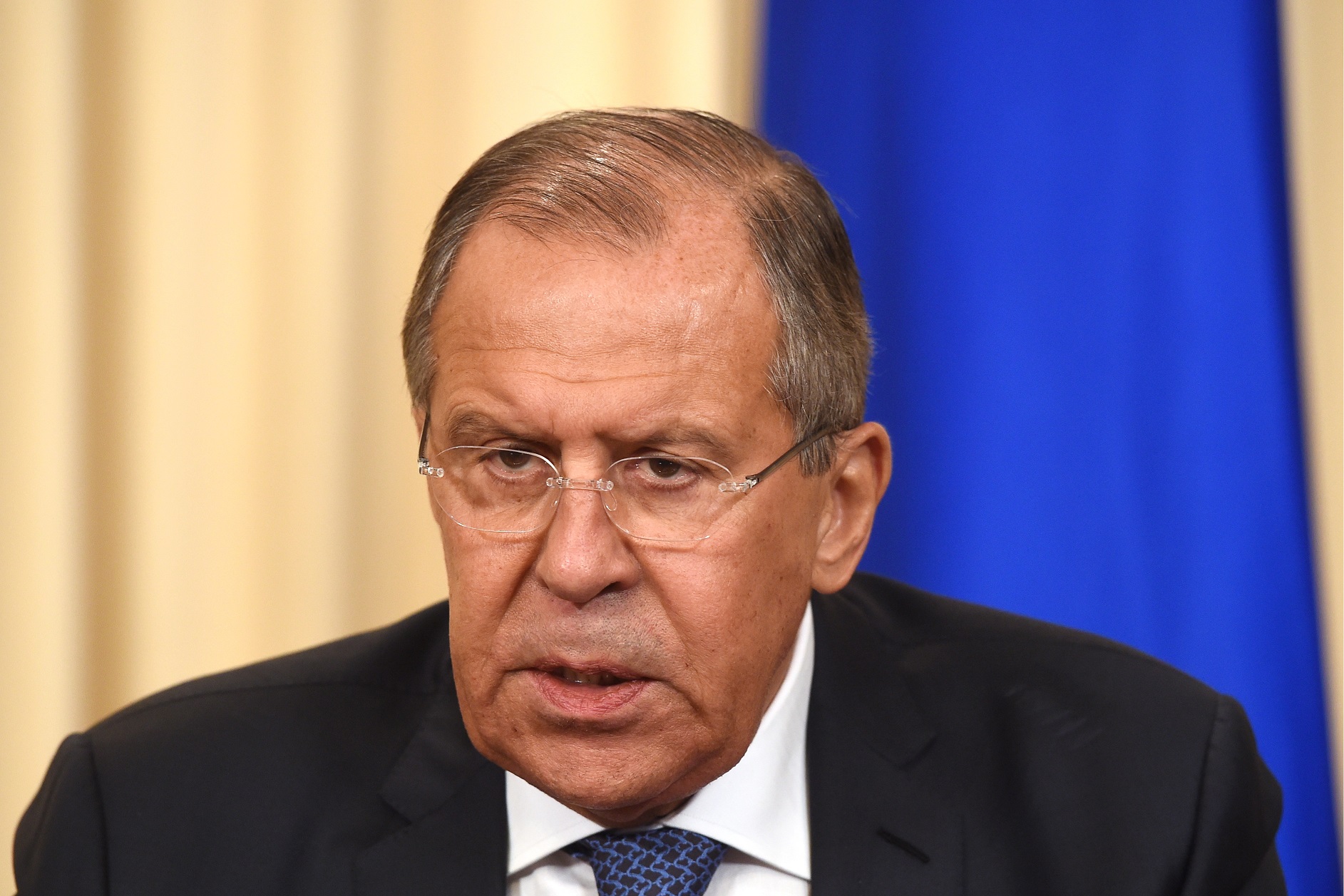ID :
529508
Wed, 04/17/2019 - 14:13
Auther :
Shortlink :
https://oananews.org//node/529508
The shortlink copeid
Russia expects recent agreements on Nagorno-Karabakh to be implemented - Lavrov

MOSCOW, April 17. /TASS/. Moscow believes that the agreements on the Nagorno-Karabakh issue that Baku and Yerevan have made recently would not remain on paper, Russian Foreign Minister Sergey Lavrov said on Wednesday following his Moscow talks with Serbian top diplomat Ivica Dacic.
"Following the Moscow meeting between the Azerbaijani and Armenian foreign ministers and taking into consideration the atmosphere in which the atmosphere the work is going on, I have every reason to believe that both Baku and Yerevan are interested in making sure there agreements don’t remain on paper," Lavrov said. "We will provide assistance to these efforts," he added.
In response to a question about initiatives to resolve the conflict, the Russian top diplomat said they "stipulate that the parties should search for solutions based on the principles of territorial integrity, self-determination of peoples and non-use of force." "Details are not to be made public," Lavrov noted.
A meeting between Lavrov and his Azerbaijani and Armenian counterparts, Elmar Mammadyarov and Zograb Mnatsakanyan, took place in Moscow on April 15. It also involved Personal Representative of the Organization for Security and Cooperation in Europe (OSCE) Chairperson-in-Office Andrzej Kasprzyk and the Co-Chairs of the OSCE Minsk Group: Igor Popov of Russia, Stephane Visconti of France and Andrew Schofer of the United States.
Nagorno-Karabakh conflict
The highland region of Nagorno-Karabakh (or Mountainous Karabakh) is a mostly Armenian-populated enclave inside Azerbaijan’s territory. It is a self-proclaimed independent republic, not recognized by any of the United Nations member states.
In 1988, hostilities broke out there between the forces reporting to the Baku government and Armenian residents. In 1994, a ceasefire was reached but relations between Azerbaijan and Armenia has remained strained ever since.
Azerbaijan insists that its territorial integrity be restored and refugees return to Nagorno-Karabakh, which will create conditions for talks on the region’s status. Baku is ready to grant autonomy to the region but is unwilling to hold direct talks with Nagorno-Karabakh. At the same time, Armenia strongly opposes the region’s reunification with Azerbaijan and says that its right to self-determination should be considered.
Russia, France and the United States co-chair the OSCE Minsk Group, which seeks to broker an end to the conflict. The Group also includes Azerbaijan, Armenia, as well as Belarus, Germany, Italy, Portugal, the Netherlands, Sweden, Finland and Turkey.
Read more





